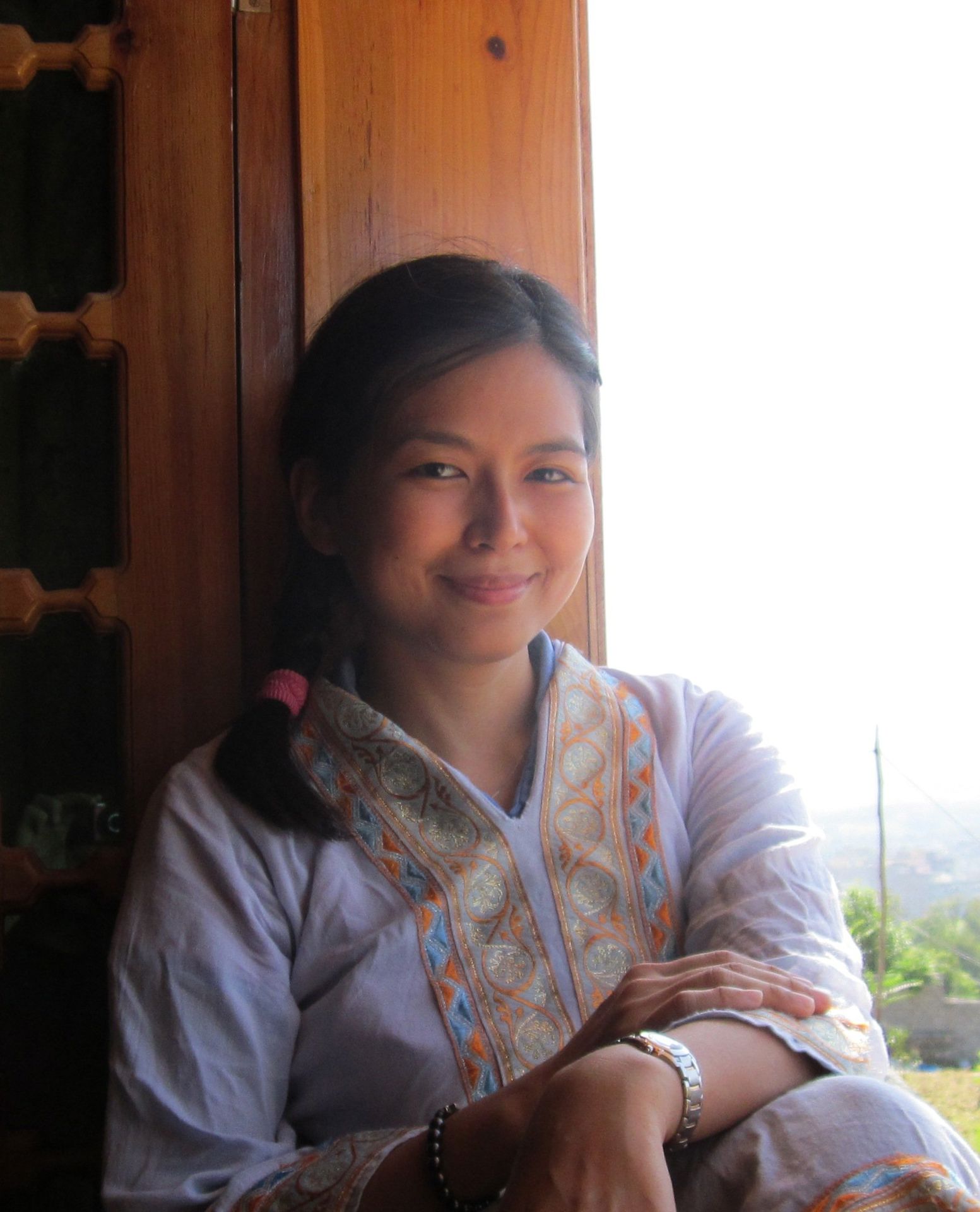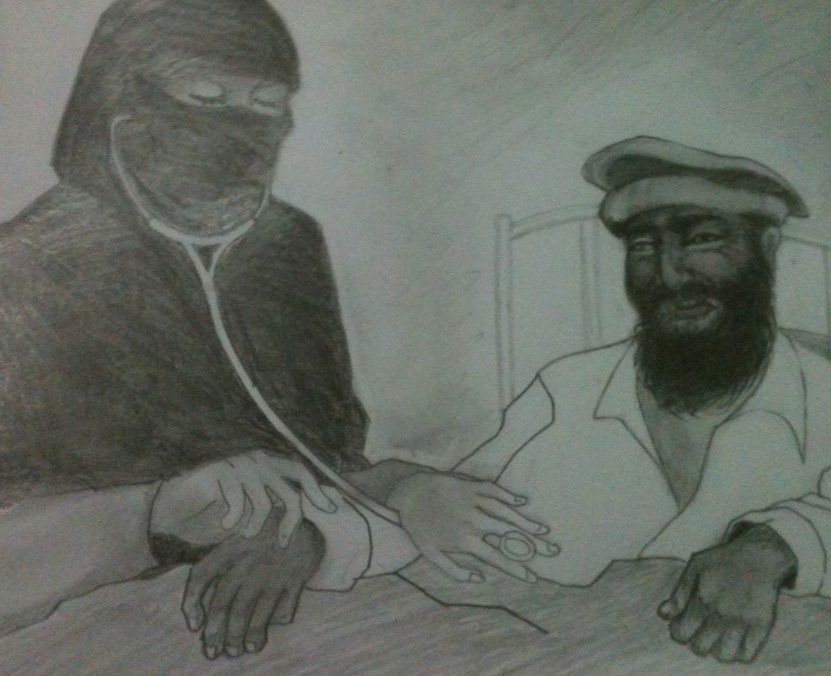We just finished a medical mission in the province of Bukidnon, Philippines. My friend and fellow anaesthetist looked at me incredulously after learning that I accepted a medical assignment to Pakistan with MSF.
Both of us had been to many medical missions before in rural places in Philippines, to name a few Tuguegarao, Vigan, La Union, Lingayen, Iba, Daet, Baler, Antique, Palawan, Capiz, Dipolog, Zamboanga; squeezing in the time between our private clinical practices. The surgeons I work with knew very well that I am always out on a mission, so they always start their phone call with “Are you in Manila? Are you even in the Philippines?” They knew that I have an adventurous spirit and a passion for volunteering.
But my work with MSF is my first time outside of my country, and in a long period of time. Usually, I am gone only for less than a week. This time, it would take two months in a strange land.
I went to Timergara, a deceptively quiet bucolic place nestled in the mountains of northwestern Pakistan.
MSF is the only international organisation working in the area of northern Pakistan, not far from the Afghan border. We try to live by local cultures and customs. MSF respects all creeds, all religions. This is the reason why we attire ourselves in traditional dress and why we adhere to the rules of behaviour even if it may be different to our own.
During my stay in Timergara, I reassured my friends at home that MSF has many tight security protocols in place. It is true. The biggest protection one can afford is through individual awareness and compliance with the security rules. And while MSF rests upon the courage and passion of its individual members, everyone has to work together to make the project a success.
While I was there, I shared my anesthesia duties with another Filipino anesthesiologist, Dr. Emily Guerrero. Every day we were expected to be ready for any emergencies in the Operating Theater (OT). We got to know a lot of the Pakistani MSF staff while we prepared medications and equipment, and we often sat down with them for discussions and lectures. We also did rounds in the emergency room (ER), maternity and child health care (MCH) center, and the male and female postoperative wards (POWs).
Most of the male patients were trauma victims from vehicular accidents, falls, and the occasional gunshot wound from domestic scuffles. Once, we received a 23-year-old man who had been walking the goats in the mountains. One of the goats stepped on a landmine, and the man received the blast in his face and arms. He survived, but his hands had to be amputated and both his eyes were blinded.



